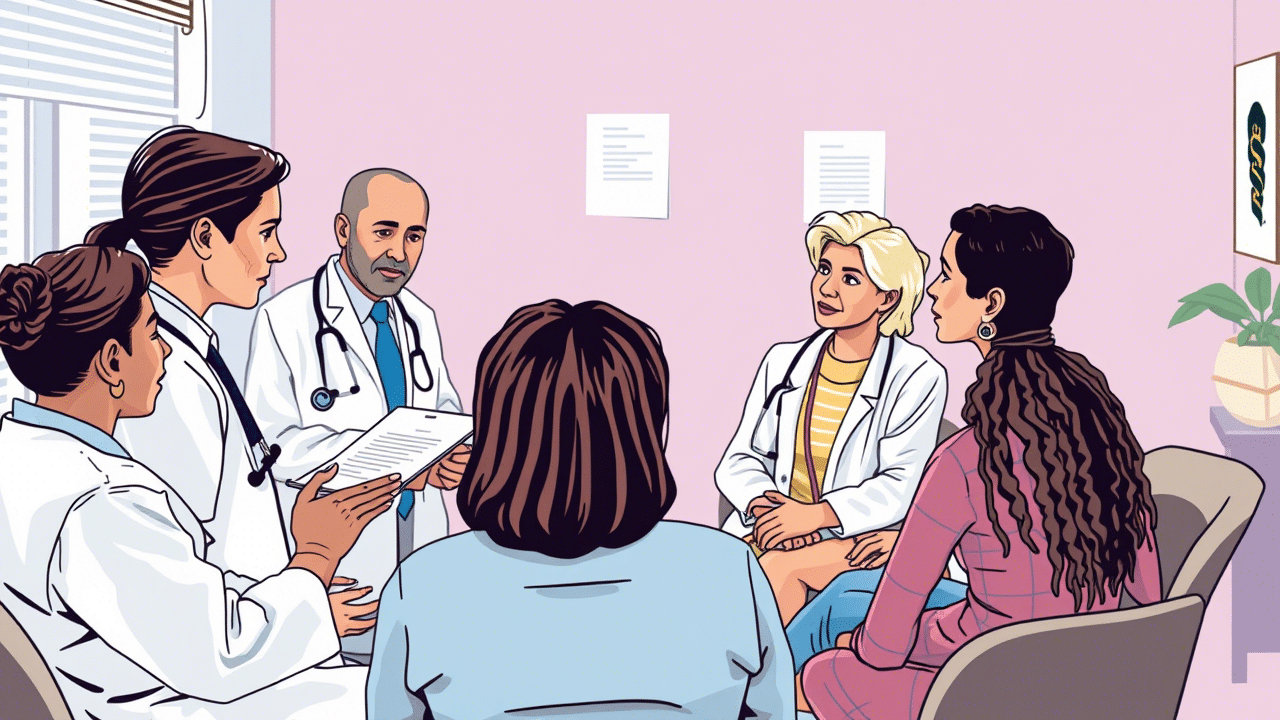Addressing Substance Use Disorders: A Global Challenge

Substance use disorders are a significant public health crisis that affects millions worldwide. These disorders have far-reaching consequences for individuals, families, and entire communities. The impact of drug use extends beyond health issues, affecting economic stability and national security. As drug use continues to rise globally, there is an urgent need for comprehensive policies and effective treatment programs to address this growing epidemic.
The Scope of the Crisis
According to the United Nations 2024 World Drug Report, approximately 292 million people, or 5.6% of individuals aged 15 to 64, used drugs in 2022. This alarming statistic highlights the widespread nature of substance use disorders. The health implications are severe, with drug use linked to mental health conditions, suicides, and infectious diseases such as HIV/AIDS, hepatitis, and tuberculosis. Furthermore, the economic burden of drug use is staggering. In some countries, it accounts for around 2% of their Gross Domestic Product (GDP), illustrating the extensive impact of this crisis on society.
In the Eastern Mediterranean Region, the situation is even more concerning. Here, 6.7% of the population reports drug use, surpassing the global average. Countries like Afghanistan, Iran, and Qatar face widespread opioid use, while Egypt sees tramadol use rivaling that of cannabis. The misuse of prescription drugs, including benzodiazepines and Captagon, is increasingly common in Iraq, Libya, and Syria. Since 1990, the number of individuals with drug use disorders in this region has doubled, with 3.4 million people affected in 2019. Alarmingly, the prevalence of HIV among drug users in the region is 18.2%, significantly higher than the global average.
The Treatment Gap
Despite the severe health and social consequences of substance use disorders, a significant treatment gap exists. The 2024 World Drug Report indicates that only 1 in 11 individuals with drug use disorders receive the necessary treatment globally. In the Eastern Mediterranean Region, this figure is even lower, with only 1 in 13 receiving help. This shortfall can be attributed to several factors, including limited access to healthcare services, a lack of essential medications, and the stigma surrounding drug use. Many individuals do not seek help due to fear of judgment or discrimination.
Addressing this treatment gap is crucial for improving health outcomes and reducing the societal burden of substance use disorders. It requires a multi-faceted approach that includes increasing access to healthcare services, providing essential medications, and fostering a supportive environment for individuals seeking treatment. Public awareness campaigns can also help reduce stigma and encourage those in need to seek help.
WHO’s Initiative for Change
In response to the growing crisis, the World Health Organization (WHO) Regional Office for the Eastern Mediterranean has launched the Regional Director’s Flagship Initiative to Strengthen Public Health Response to Substance Use. This initiative aligns with WHO’s commitment to achieving Sustainable Development Goal (SDG) 3.5, which focuses on enhancing the prevention and treatment of substance use disorders.
The flagship initiative aims to leverage WHO’s position as a leading global health authority. It seeks to unite UN agencies, public sector entities, civil society organizations, professional associations, and academic institutions to address substance use issues collectively. The initiative emphasizes evidence-based interventions to prevent drug use, minimize harm, and promote protective factors. Additionally, it aims to enhance access to treatment for drug use disorders and related conditions across communities and healthcare platforms.
To kickstart these efforts, a policy dialogue was held in Abu Dhabi, UAE, from February 16-18, 2025. This meeting brought together various stakeholders to orient them on the initiative’s goals and define roles and responsibilities for implementation. The dialogue also aimed to develop country-specific plans to guide the initiative’s rollout across the region.
Strategic Interventions for Improvement
The flagship initiative has identified several evidence-based, cost-effective strategic interventions to improve access to treatment and support services for those affected by substance use disorders. These interventions span the continuum of care and prioritize the protection and promotion of the rights of individuals with substance use disorders.
Successful implementation requires coordination among public, private, and civil society entities involved in health, social welfare, education, law enforcement, and criminal justice. By working together, these stakeholders can ensure that more individuals receive the care they need. This collaborative approach is essential for reducing the social and economic burden of substance use disorders in the Eastern Mediterranean Region and beyond.
Observer Voice is the one stop site for National, International news, Sports, Editor’s Choice, Art/culture contents, Quotes and much more. We also cover historical contents. Historical contents includes World History, Indian History, and what happened today. The website also covers Entertainment across the India and World.

